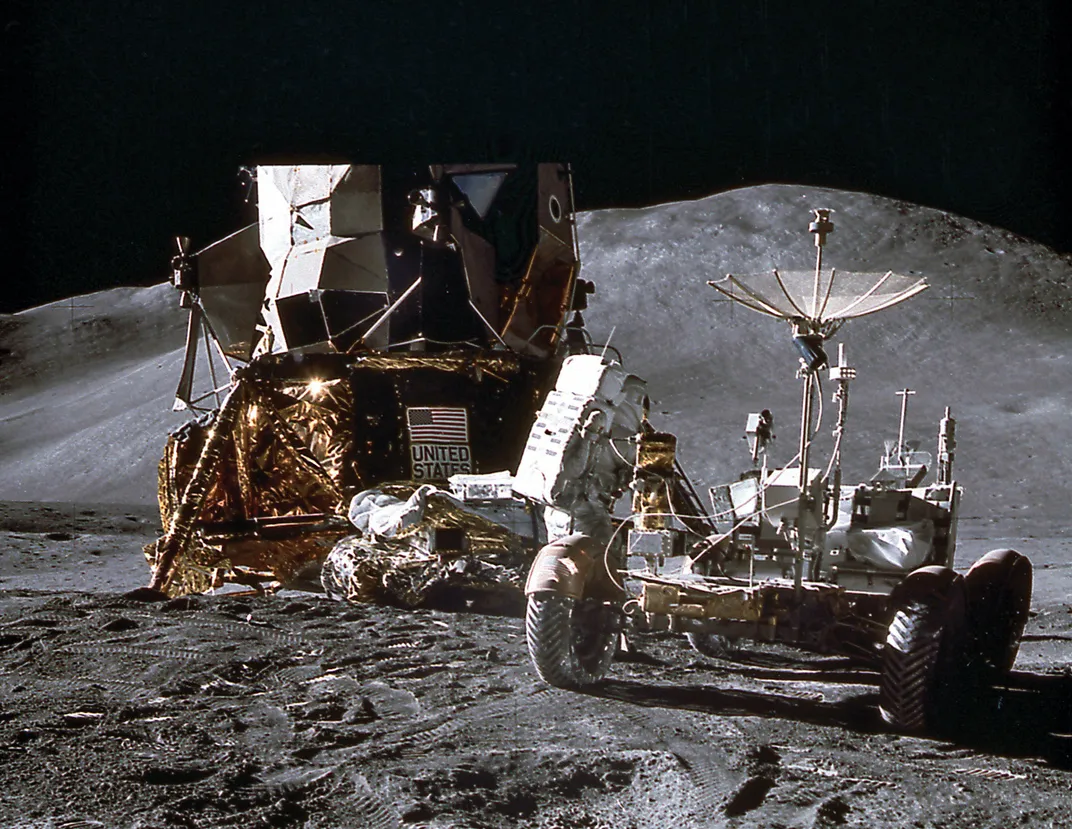By: Mackenzie Chen
Fluid-filled chambers in the brain take around six months to adapt to the microgravity of space. These chambers expand while in space, and unlike previously believed, their brain doesn’t shrink back immediately upon returning to Earth. Astronauts take about three years for their brain to return to its pre-flight state. This information comes from researchers’ reports, reflecting the need for astronauts to prepare and recover before their second flight.
In space, the lack of gravity causes fluids to accumulate in astronauts’ brains, leading to puffiness in their faces and the collection of extra fluid in the ventricles. Upon returning to Earth, they may experience heart problems, similar to when we restart our computers.
Researchers, like Seidler, studied MRI scans of astronauts before and after their missions to understand how time affects their brains. The longer the mission, the more their brain expands. However, shorter missions, like two weeks, show minimal changes. The time between missions could also influence how the brain expands, with a slower expansion rate observed over six months.
Donna Roberts emphasizes the complexity of the brain changes, as numerous variables play into the observed effects. Some of these changes and variables are beyond human control, making the technology required for future missions to Mars a real challenge.











